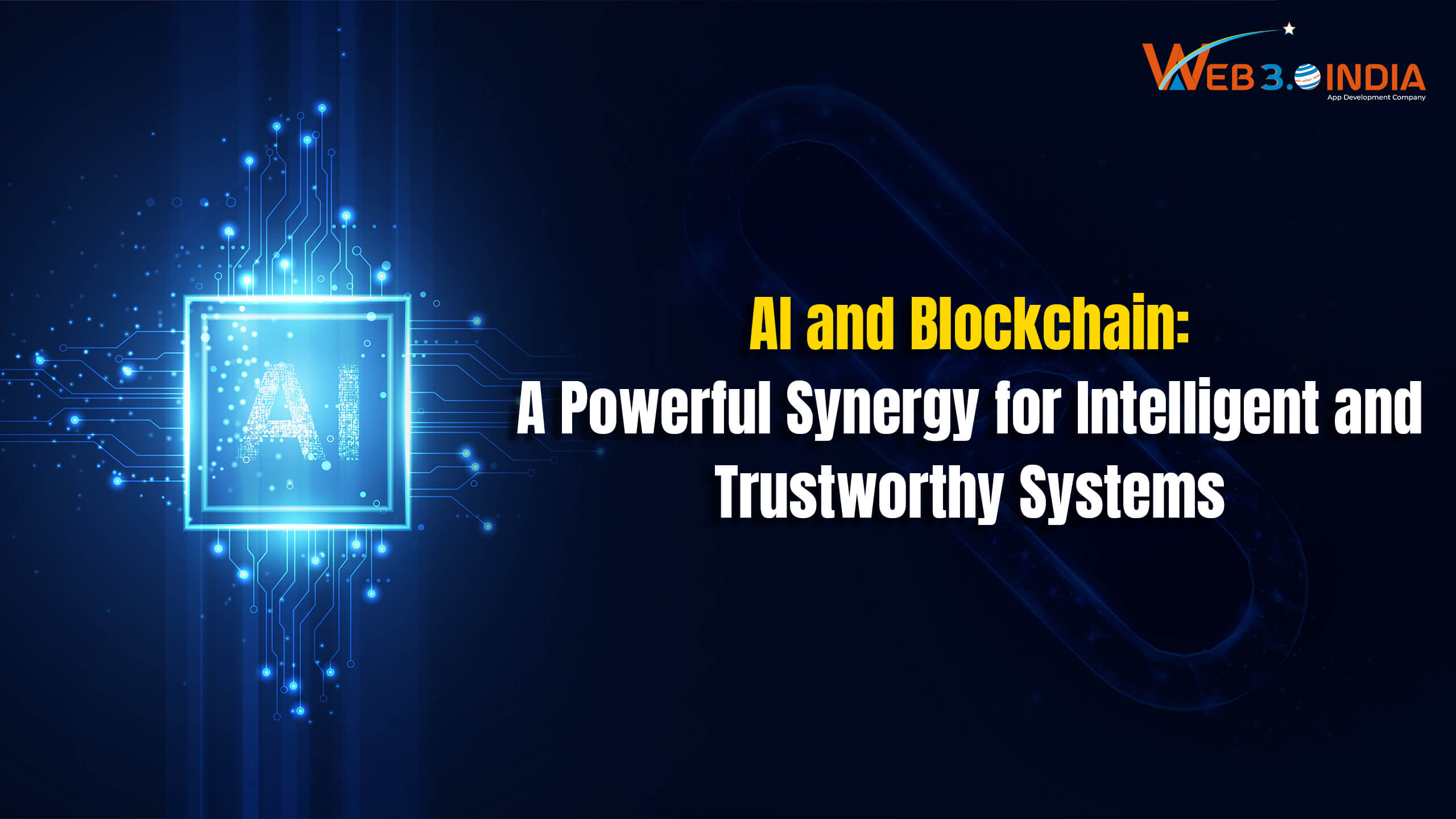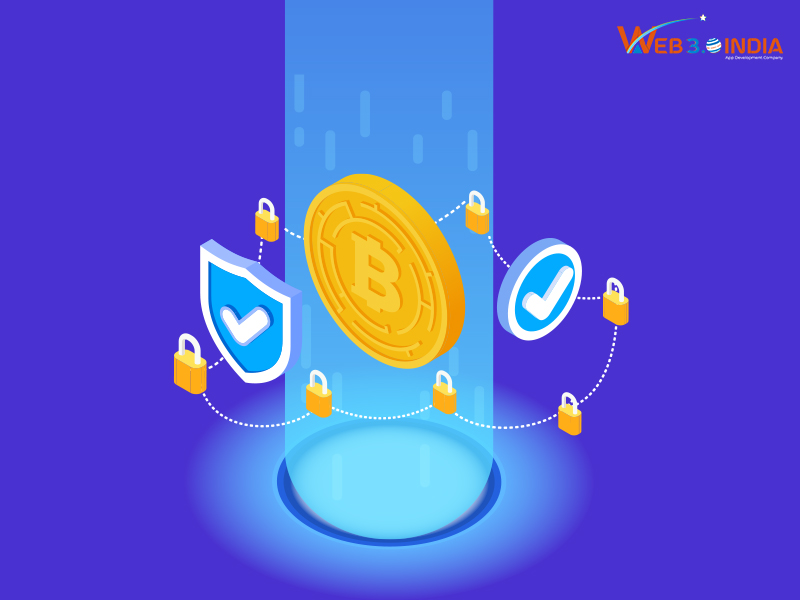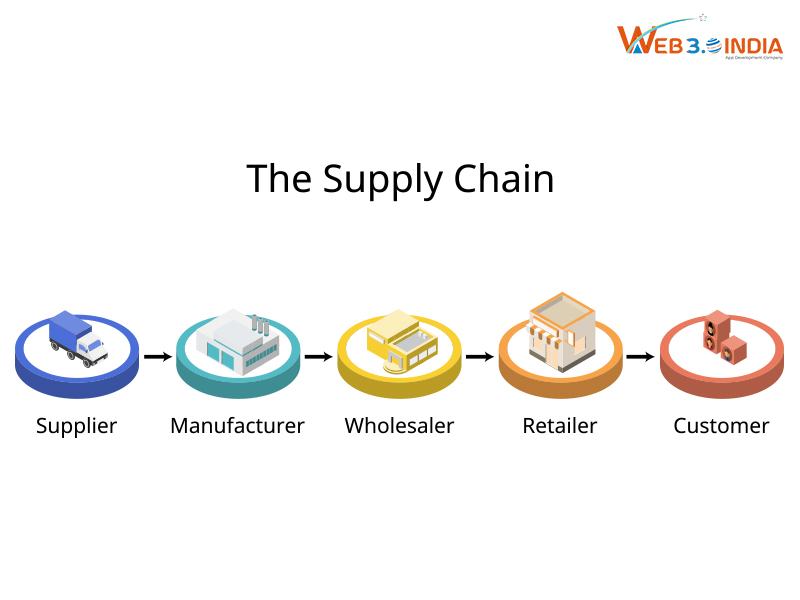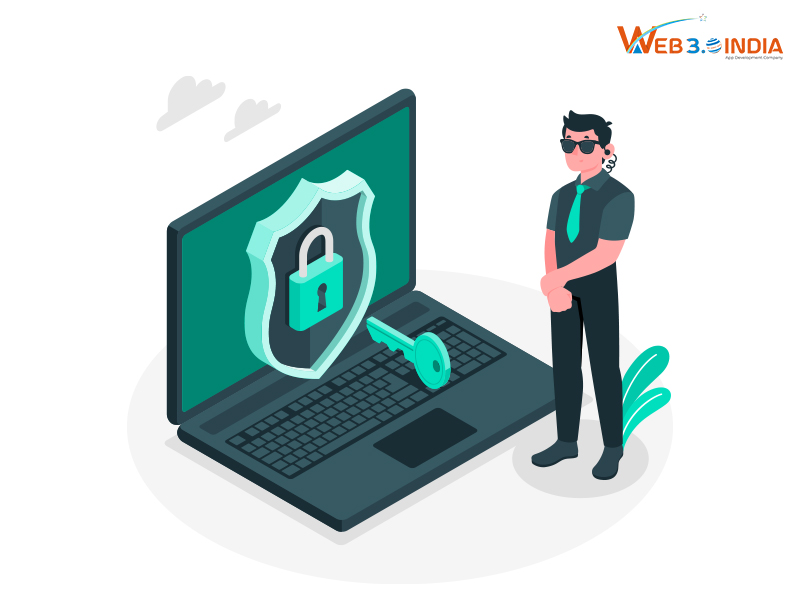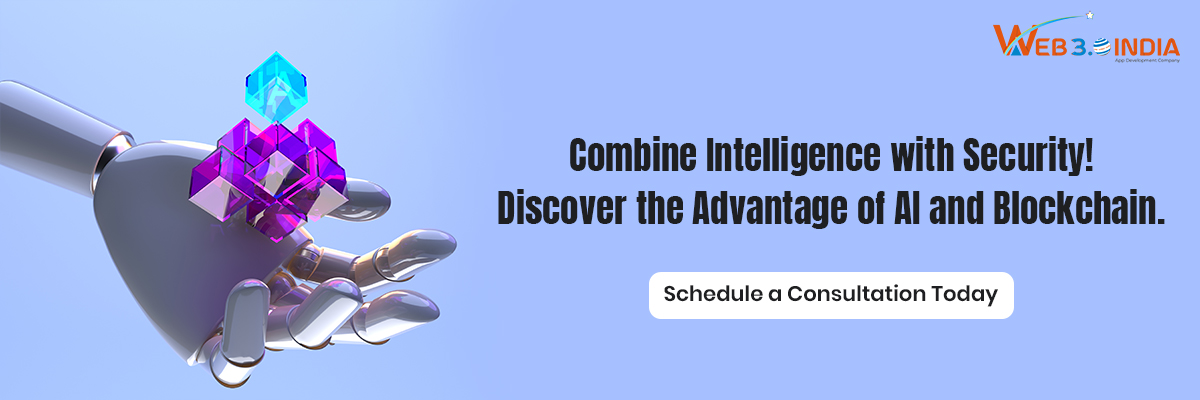Introduction
AI and blockchain are two great technologies that are changing the worldwide business landscape. AI uses machines to learn and determine, but blockchain provides a decentralized, straightforward ledger system. Coordinating these technologies can address basic difficulties in trust, transparency, and direction. For example, AI can improve blockchain’s data analysis abilities, empowering more educated choices.
On the other hand, blockchain can furnish AI systems with secure, immutable data, guaranteeing the respectability of their ways of learning. The AI and blockchain synergy holds huge potential across areas like healthcare, finance, and supply chain management, making ready for wise and trustworthy systems.
How AI and Blockchain Complement Each Other
Artificial Intelligence (AI) and blockchain are two of the most extraordinary technologies inside late memory, each offering novel limits that, when solidified, can alter various endeavors. AI prevails at breaking down colossal datasets to seek shrewd decisions, while blockchain gives a decentralized and immutable ledger ensuring data trustworthiness and transparency. Collaboration between AI and blockchain can address difficulties connected with trust, efficiency, and dynamicity in complex systems.
Trustworthy Data for AI with Blockchain
AI systems depend vigorously on enormous volumes of data to learn and make accurate expectations. Notwithstanding, the quality and integrity of this data are vital. Blockchain and AI integration technology can upgrade data integrity by giving a safe and straightforward system for data management. The innate immutability and transparency of blockchain technology can improve the data integrity of AI systems, guaranteeing the precision and constancy of forecasts and experiences.
In-store network management, such as blockchain, can screen and record the development of things, giving AI algorithms solid data to upgrade logistics and anticipate requests accurately. This mix guarantees that AI models are trained on data that is both accurate and tamper-proof, prompting more trustworthy results.
Enhancing Blockchain Efficiency with AI
While blockchain offers unrivaled security and transparency, it frequently faces difficulties connected with scalability and efficiency. AI can play a significant part in resolving these issues. By analyzing transaction patterns, AI can advance the validation cycle, decreasing the time and computational power expected for consensus mechanisms. This prompts quicker transaction times and a more effective blockchain network.
Also, AI can upgrade the nature of smart contracts by recognizing and anticipating possible weaknesses or failures. This proactive methodology guarantees that smart contracts execute flawlessly, lessening the gamble of mistakes and enhancing, generally speaking, framework dependability. Furthermore, AI can help manage and store immense varieties of data, further develop security, and control blockchains all the more successfully.
All in all, the coordination of AI and blockchain makes a strong cooperative energy that upgrades data integrity for AI applications and works on the efficiency of blockchain systems. This intermingling holds massive potential for different areas, making ready for more canny, secure, and trustworthy systems.
Use Cases of AI and Blockchain Integration
The coordination of Artificial Intelligence (AI) and blockchain technology is altering different businesses by consolidating AI’s scientific ability with blockchain’s safe, straightforward structure. This collaboration improves efficiency, trust, and development across various areas.
AI-Powered Decentralized Finance (DeFi)
Incorporating AI and blockchain innovation can essentially further develop Decentralized Finance systems by giving tailored monetary organizations and robotizing risk management. AI algorithms can analyze individual client data to give tailored financial advice, investment strategies, and portfolio management, subsequently enhancing client experience and commitment. Moreover, AI models can evaluate and foresee potential dangers in real time, empowering computerized risk management and guaranteeing the dependability and security of DeFi platforms.
For instance, AI-driven credit scoring on decentralized loaning platforms can assess borrowers’ creditworthiness by analyzing a great many data focuses, including transaction history and social way of behaving, without depending on traditional credit bureaus. This method democratizes access to financial administrations while reducing reliance on centralized intermediaries.
AI-Driven Supply Chain Optimization
Consolidating blockchain’s transparency with AI’s prescient abilities can change supply chain management by further developing inventory management and constant independent direction. Blockchain gives a straightforward and immutable record of transactions, permitting AI systems to analyze data across the whole supply chain. This combination empowers organizations to upgrade inventory levels, foresee demand all the more accurately, and pursue informed choices in real-time, accordingly enhancing operational efficiency and decreasing expenses.
For example, AI can handle data from blockchain records to gauge demand fluctuations, permitting organizations to change creation timetables and inventory levels proactively. This proactive methodology minimizes waste, reduces stockouts, and guarantees that products are available to satisfy buyer needs speedily.
Strengthening Cybersecurity with AI and Blockchain
Integrating blockchain’s immutable records with AI’s oddity identification abilities can essentially upgrade cybersecurity measures. Blockchain’s decentralized and tamper-proof nature guarantees that data records are secure and straightforward, giving a dependable foundation to AI systems to recognize and answer inconsistencies. AI algorithms can analyze data from blockchain records to distinguish unusual patterns or potential security dangers, empowering proactive measures to relieve chances.
For instance, in safeguarding Internet of Things (IoT) networks, AI can screen data from blockchain-empowered gadgets to identify unusual activities or potential breaches. By utilizing the joined qualities of AI and blockchain, associations can upgrade the security and privacy of their networks, guaranteeing the integrity and confidentiality of touchy data.
Taking everything into account, the mix of AI and blockchain technology offers transformative arrangements across different areas, enhancing efficiency, trust, and security. By utilizing the remarkable qualities of the two technologies, organizations can enhance and give more powerful and solid administrations to their clients.
Key Benefits of Combining AI and Blockchain
Blockchain and AI integration is changing businesses by utilizing their joined assets to address difficulties in trust, efficiency, and decision-making. AI’s capacity to investigate data and pursue intelligent choices pairs consistently with blockchain’s secure, decentralized ledger, setting out open doors for creative arrangements across finance, supply chain, and healthcare, and the sky’s the limit from there. The strong AI and blockchain synergy empowers enhanced decision-making, automation, and trust-building, situating organizations for a more brilliant and transparent future.
Enhanced Decision-Making with Reliable and Secure Data
AI systems require superior-grade, reliable data to create accurate bits of knowledge and conjectures. Blockchain upgrades this cycle by giving a secure and immutable system for data storage and sharing. Data on a blockchain can’t be messed with, guaranteeing its validity and dependability. When AI processes this verified data, it limits mistakes and creates more accurate results, which is vital for enterprises like finance and healthcare.
By incorporating blockchain with AI, organizations can likewise smooth out decision-making processes. For example, in AI-powered decentralized finance (DeFi), blockchain guarantees secure transaction data, which AI can examine for fraud detection or risk management. This mix improves the dependability of monetary activities while speeding up the efficiency of decision-making.
Additionally, blockchain-based data transparency guarantees that AI calculations are trained on unbiased, verified information, decreasing the possibilities of misinformation and control. This forms trust in AI systems, as partners can trust that decisions depend on secure and accurate datasets.
Automated and Efficient Systems with Reduced Human Intervention
One of the vital advantages of joining AI and blockchain is the capacity to make automated systems that work with minimal human input. Blockchain’s brilliant contracts execute predefined activities when certain circumstances are met, while AI can monitor and upgrade these processes to guarantee efficiency. Together, they empower automated workflows across areas like supply chain, logistics, and finance.
For instance, in supply chain management, blockchain records each transaction and shipment transparently, while AI predicts requests and improves inventory levels. This integration guarantees timely delivery, reduces waste, and limits manual intervention, making a consistent and efficient supply chain.
Furthermore, AI-driven automation on blockchain stages reduces functional expenses and improves precision. Undertakings that recently required human oversight, like verifying transactions or managing compliance, can now be automated with AI models working on blockchain networks. This further develops efficiency and permits human resources to zero in on essential drives.
Building Trust in AI Models with Blockchain-Audited Processes
AI’s decision-making processes frequently face analysis for being dark or one-sided, prompting wariness among partners. Blockchain innovation tends to do this by giving an auditable and transparent trail of AI processes. Every decision made by an AI system can be recorded on a blockchain, offering partners an understanding of the “why” and “how” behind AI-driven activities.
Blockchain-audited processes guarantee that decisions line up with regulatory and ethical standards, especially in sensitive areas like healthcare or legal services. This creates a vigorous structure where AI works transparently, cultivating trust among clients and regulatory bodies in the same way.
Moreover, blockchain mitigates predispositions in AI models by maintaining a carefully designed record of training data and decision results. This transparency permits associations to recognize and address predispositions in AI systems proactively, building more prominent trust in their applications. Generally, the blend of AI and blockchain lays out an underpinning of trust that is fundamental for the widespread adoption of these technologies.
Conclusion
The AI and blockchain synergy is changing ventures like finance, supply chain, and cybersecurity by conveying secure, efficient, and inventive arrangements. From AI-powered decentralized finance to blockchain-audited processes, this integration guarantees transparency, automation, and trust.
As Web 3.0 arises in India, organizations have a special chance to saddle this strong mix to make notable applications. By investigating AI and blockchain integration, associations can drive development, upgrade functional efficiency, and secure an upper hand in the developing computerized scene. Embracing this innovation currently will unlock unprecedented potential for more brilliant, safer systems.


